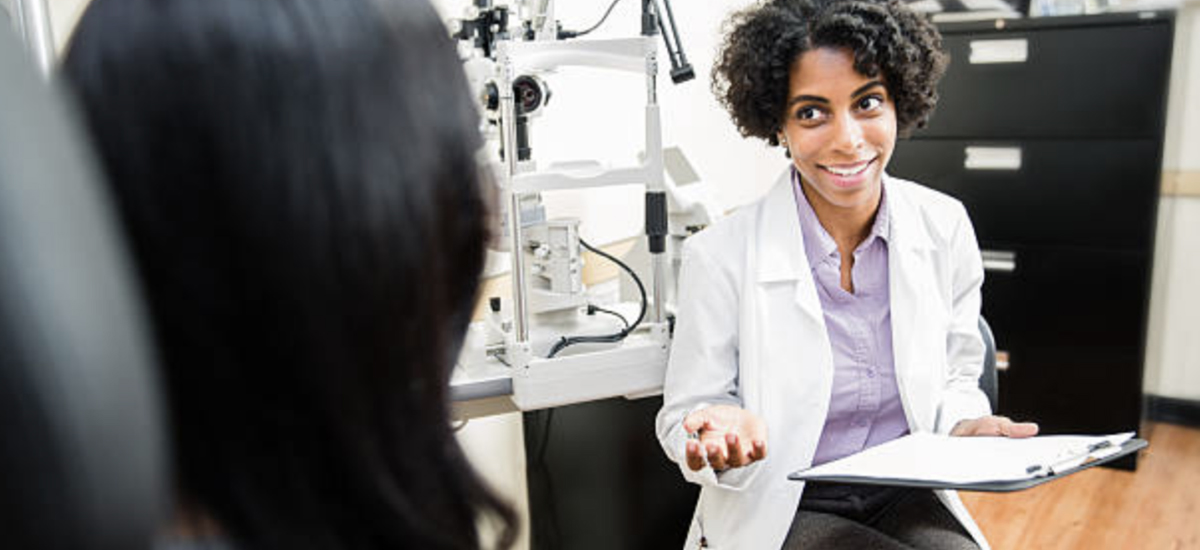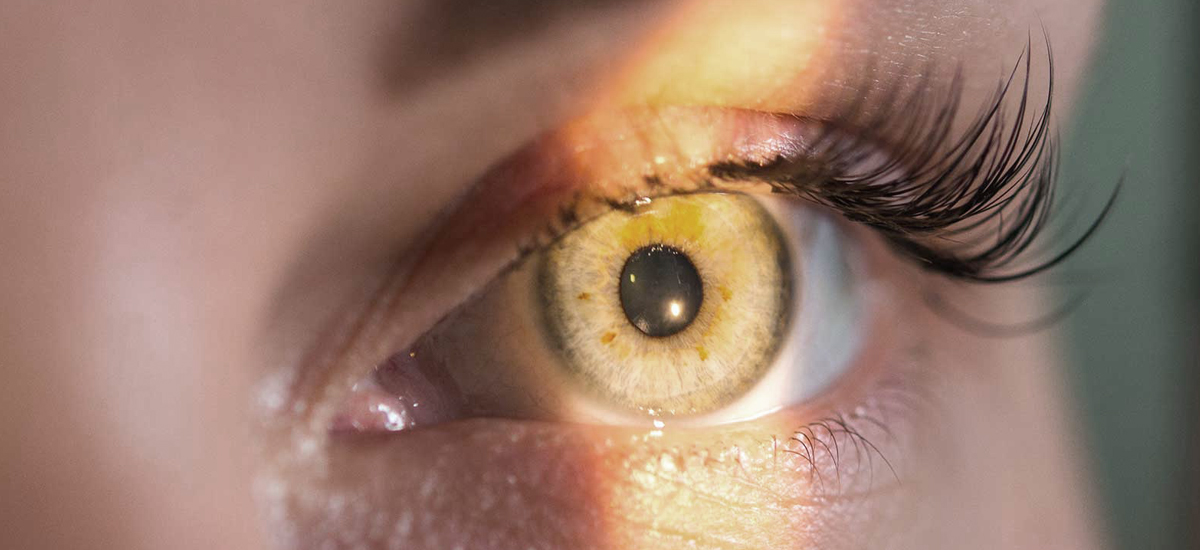When Do You Need to Get Glasses for Nearsightedness?

If your vision isn’t clear all the time, you may have a refractive error. 1 in 3 Americans have been diagnosed with nearsightedness (or myopia), which impacts how far away they can see, and this could be you, too.
The most effective treatment for this condition is corrective lenses. But how do you know when to get glasses for nearsightedness? The key is to understand the symptoms.
What is nearsightedness?
If you have nearsightedness, you’ll be able to see up close, but if objects are far away, they can be blurry. This condition can make it challenging to make out the words and visuals on large screens, such as the television. To know if a child is nearsighted, see if they’re straining their eyes to see the teacher or look at the projector at school.
Nearsightedness is caused by your eyes extending too far or a cornea with an irregular curve. These factors prevent light from entering the retina, which is where it should be. Instead, it goes before the retina, which is what causes objects far away from you to appear blurry.
What are the primary symptoms of nearsightedness?
- Squinting at objects in the distance
- Headaches from eye strain
- Trouble seeing at night while driving
- Difficulty focusing in class
When should you get glasses for nearsightedness?
You should schedule an eye exam with an optometrist right away if you are experiencing any symptoms.
We recommend having an annual appointment to stay on top of it. Your eye doctor can test whether you have nearsightedness and suggest the best lenses to improve your visual acuity.
Something to consider is that many people experience symptoms of nearsightedness, such as blurry vision or eye strain, when they do not have the condition. This is a result of trying to focus on distant objects for too long. Even if these symptoms are temporary, continuing to strain your eyes can cause damage to your eyesight in the future.
Fortunately, if your nearsightedness is minor, you may not have to wear your glasses all the time. However, it’s still important to have corrective eyewear in case you need it.
Summary: When do you need to get glasses for nearsightedness?
Nearsightedness is common, and a simple nearsighted prescription can help correct many of the challenges you’re facing. Glasses can also help you to see far away better than you do right now, alleviating the pressure on your eyes.
So, what symptoms indicate when it is time to get glasses for nearsightedness? Keep an eye out for any eye strain or blurry vision while viewing something far away, as well as trouble seeing while driving at night.
See your eye doctor today if you have any of these symptoms. Our team of eye care experts is happy to recommend corrective lenses that can work for you.
Shop at For Eyes for your next pair of glasses
Show off your unique style and browse our wide variety of frames from your favorite brands for men, women and kids. Stop by your local For Eyes or order online at your convenience.











